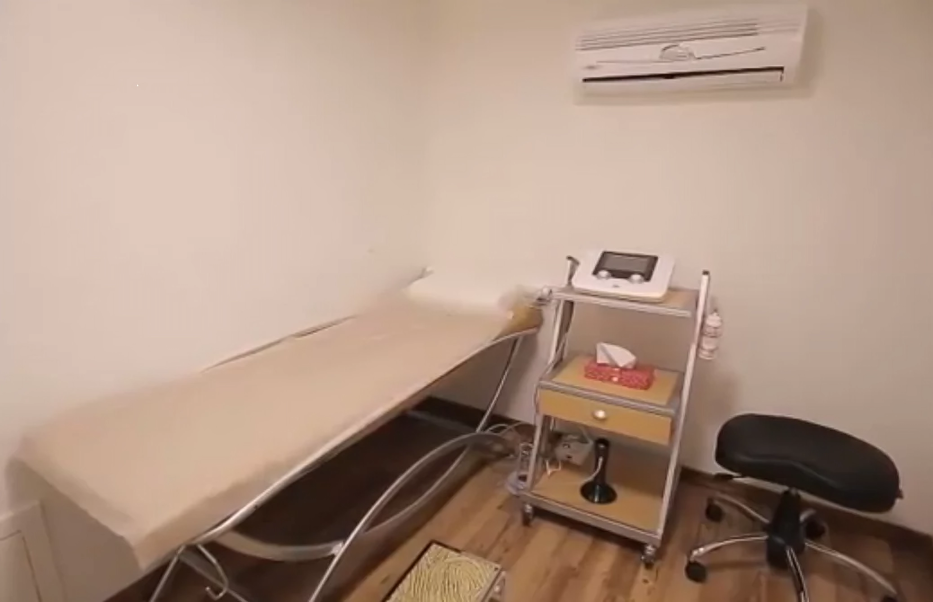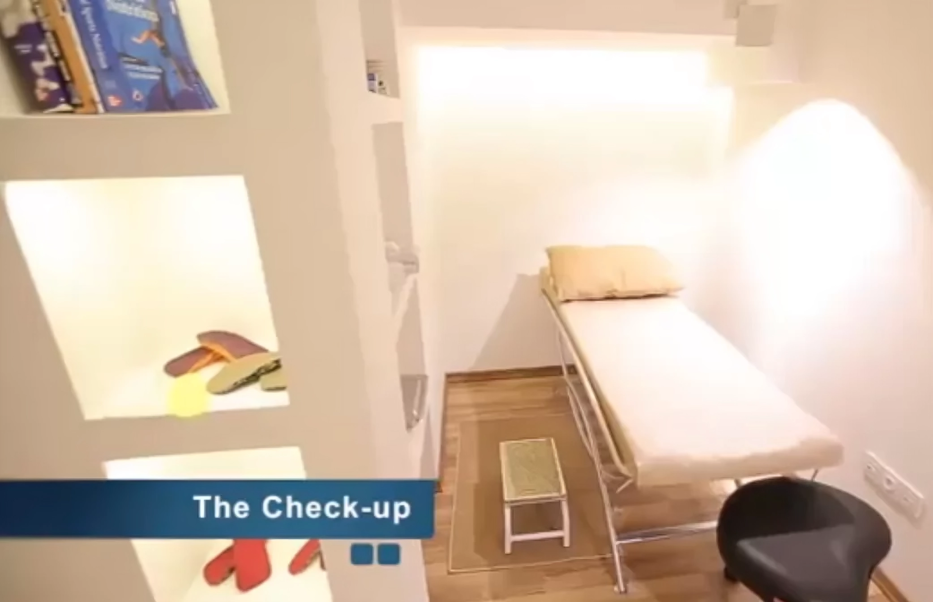Dr. Babak Mirzashahi is an accomplished orthopedic spine surgeon based in Tehran, Iran, with a fellowship in spine surgery. He completed his fellowship at prestigious institutions, including the Balgrist University Hospital in Zurich, Switzerland, and the Rizzoli Orthopedic Institute in Bologna, Italy, where he gained extensive training in complex spinal procedures. He also holds a board certification in orthopedic surgery from Tehran University of Medical Sciences, with further specialization in spine surgery.
Areas of Clinical Expertise
Complex Spinal Conditions Treated:
✔ Spinal cord injuries
✔ Disc herniation (cervical/lumbar)
✔ Spinal deformities (scoliosis, kyphosis)
✔ Spinal fractures and trauma
✔ Degenerative spine disorders
Advanced Surgical Techniques:
• Minimally invasive spine surgery
• Spinal fusion procedures
• Deformity correction
• Microdiscectomy
• Artificial disc replacement
Academic & Research Contributions
-
Thesis: “Pedicle Screw Strength in Thoracic Spine Fixation”
-
Active participant in national/international spine conferences
-
Mentor to orthopedic surgery residents
-
Published researcher in spine surgery techniques
Hospital Affiliations & Practice
-
Consultant spine surgeon at Imam Khomeini Hospital
-
Academic appointments at Tehran University
-
Multidisciplinary approach to spinal care
-
Focus on evidence-based treatments
“Dedicated to providing world-class spinal care through cutting-edge surgical techniques and personalized treatment plans.”






